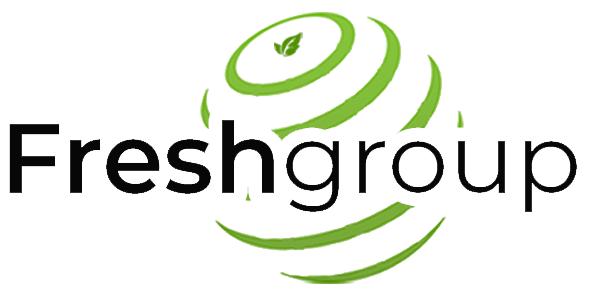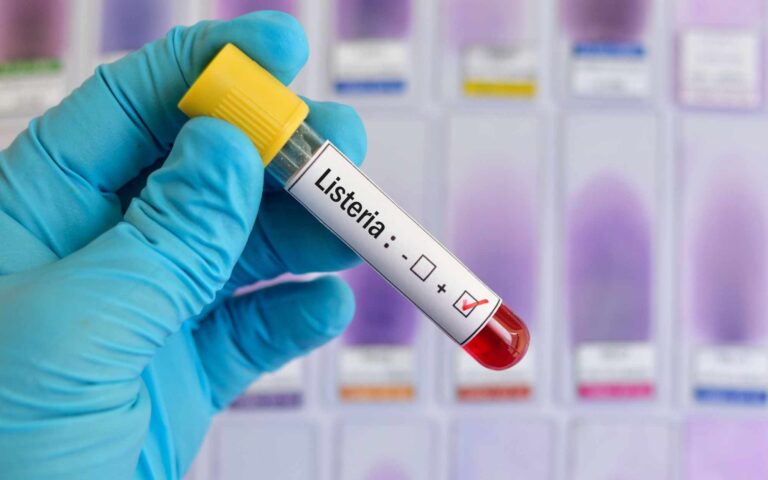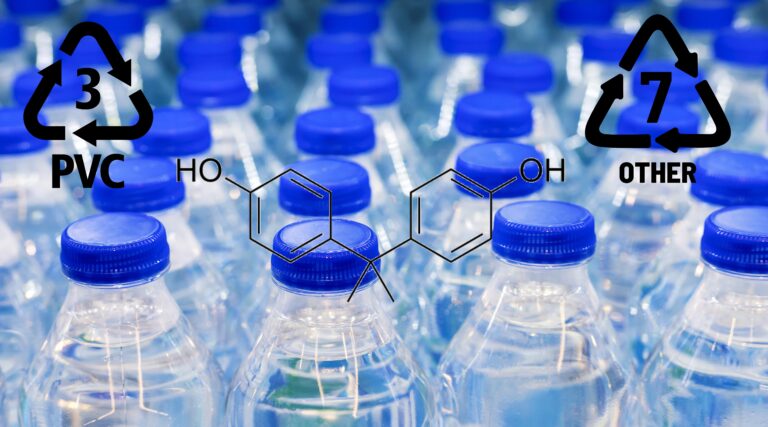According to the latest annual report from the Scottish Food Standards Agency, navigating a challenging economic landscape has necessitated some difficult decisions regarding work priorities.
The report highlighted the ripple effects of the UK’s departure from the European Union and a subsequent re-evaluation of priorities due to budget constraints. Notably, significant resources were diverted toward planning for the Retained EU Law (REUL) (Reform and Revocation) Bill, which strained an already limited pool of resources unnecessarily.
As part of a prioritization effort within the agency, certain activities were earmarked for continuation, while others were slated for suspension, reduction, or abandonment altogether. Throughout this process, the agency remained steadfast in upholding its statutory obligations.
In the second year of the 2021-2024 corporate plan, out of 108 identified topics, approximately half were successfully addressed, while progress was initiated on most others. However, a portion of these endeavors couldn’t commence due to challenges related to funding, resources, and contractual obligations. Notable achievements included initiatives to raise awareness of Campylobacter risks among high-risk groups and conducting a survey on chemical contamination in oats, oat products, and plant-based milk.
Ongoing Challenges
The Food Standards Scotland (FSS) has embarked on a project to explore the feasibility of incorporating data from third-party assurance schemes into official controls, as part of the broader Scottish Authorities Food Enforcement Rebuild (SAFER) initiative. This endeavor aims to modernize food control delivery in Scotland, addressing concerns over resource shortages within local authorities for enforcing food laws.
The impending establishment of the Scottish Veterinary Service (SVS) will also impact FSS operations, as responsibilities for animal health and welfare functions transition from the Animal and Plant Health Agency (APHA) to the SVS.
A total of 139 incidents were investigated during the reporting period, compared to 120 in the previous year. While specifics regarding these incidents were not disclosed, it was noted that the busiest period occurred between April and June 2022.
Regarding testing and inspections, there was a notable increase in both samples tested and completed inspections compared to the previous year, indicating heightened scrutiny in ensuring food safety standards are met.
Furthermore, a review of contaminants associated with fishery products from UK waters was commissioned, with findings intended to inform future monitoring strategies and enforcement efforts.
Glycerol Update and FSA Incidents
In January 2024, the FSS reported another incident involving a child falling ill after consuming a slush ice drink. This prompted the issuance of voluntary industry guidance by FSS and the Food Standards Agency (FSA) in 2023, following previous cases in Lanarkshire and Edinburgh.
Glycerol, an ingredient used in slush ice drinks to prevent freezing, was the focus of concern, prompting recommendations for caution, especially for children under four years old.
The FSA’s annual report indicated a slight decrease in food and feed safety incidents reported in England, Northern Ireland, and Wales compared to the previous year. Pathogenic microorganisms, allergens, poor controls, and residues of veterinary medicinal products were identified as the primary hazard types, with meat and meat products, excluding poultry, being the most commonly implicated category.
Reports of Salmonella increased in 2022, albeit not reaching pre-pandemic levels, while levels of Campylobacter and Listeria monocytogenes remained relatively stable. Notably, reports of STEC O157 surged to the highest UK rate since 2015, attributed largely to two significant outbreaks during the summer, one foodborne and one person-to-person.
Throughout 2022, the UK Health Security Agency (UKHSA) and FSA collaborated on investigating over 40 new or ongoing food-related outbreaks, underscoring the ongoing importance of vigilance and robust regulatory measures in safeguarding public health.
Reach out to Fresh Group Food Safety And Quality Consulting for any inquiries related to food quality and safety.




